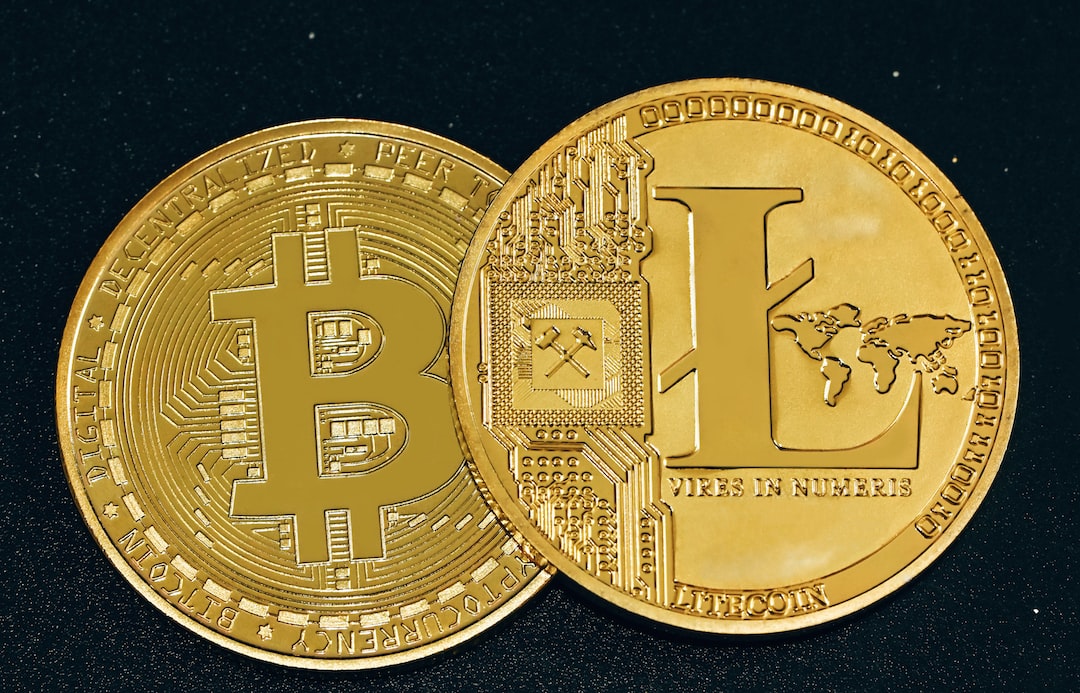The Intersection of AI and Quantum Computing
The integration of artificial intelligence (AI) and quantum computing, particularly through quantum machine learning, is a topic that has been generating considerable interest in the scientific and technological communities. This intersection, often likened to the coming together of two powerful forces, holds the promise of revolutionizing how we approach complex problems in computing and data analysis, according to Nature.
Exploring the Potential
Quantum machine learning involves the application of quantum algorithms to improve traditional machine learning techniques. By leveraging the unique properties of quantum bits (qubits), such as superposition and entanglement, quantum computing can process and analyze data in ways that classical computers cannot. Companies like Google, IBM, Rigetti, IonQ, and CERN are actively researching the potential applications of quantum machine learning.
Challenges and Skepticism
Despite the excitement, quantum machine learning is still in its nascent stages, with significant challenges to overcome. The current state of quantum computing technology itself is a hurdle, as complex tasks at scale are yet to be realized. Integrating classical data with quantum computing processes also poses challenges. Furthermore, skepticism persists regarding whether quantum machine learning can offer a substantial advantage over classical methods.
The Future of Quantum Machine Learning
Despite these challenges, there is optimism about the potential of quantum machine learning. Researchers are focusing on applying quantum algorithms to inherently quantum phenomena to reveal patterns that classical algorithms might miss. Innovations in quantum sensing are also opening new avenues for quantum machine learning by allowing the direct use of quantum data in algorithms.
Conclusion
The integration of AI and quantum computing is still in its early stages, with theoretical and practical challenges ahead. However, the potential for groundbreaking advancements in machine learning and data analysis is a compelling reason for continued research in this field. The future of quantum machine learning holds exciting possibilities for scientific and technological innovation.
Hot Take: Exploring the Intersection of AI and Quantum Computing
The integration of artificial intelligence (AI) and quantum computing through quantum machine learning has the potential to revolutionize computing and data analysis. By leveraging the unique properties of quantum bits, such as superposition and entanglement, quantum machine learning can process and analyze data in ways that classical computers cannot. While challenges exist, including the current state of quantum computing technology and skepticism about its advantages over classical methods, researchers remain optimistic about the future of quantum machine learning. With a focus on applying quantum algorithms to inherently quantum phenomena and innovations in quantum sensing, exciting possibilities for scientific and technological innovation await in this field.





 By
By
 By
By
 By
By
 By
By
 By
By
 By
By